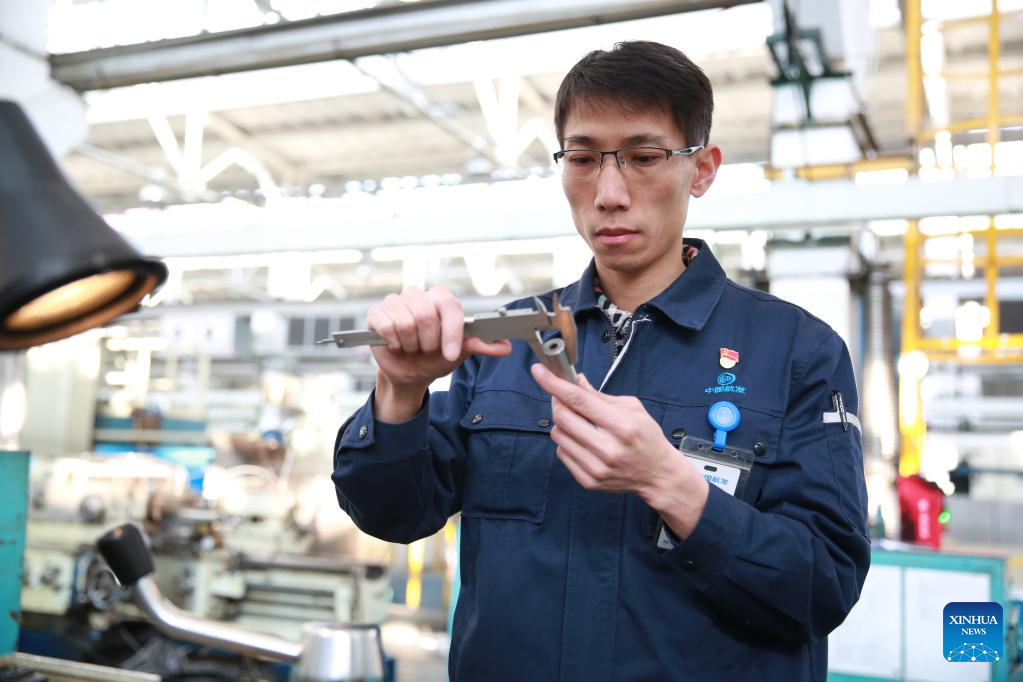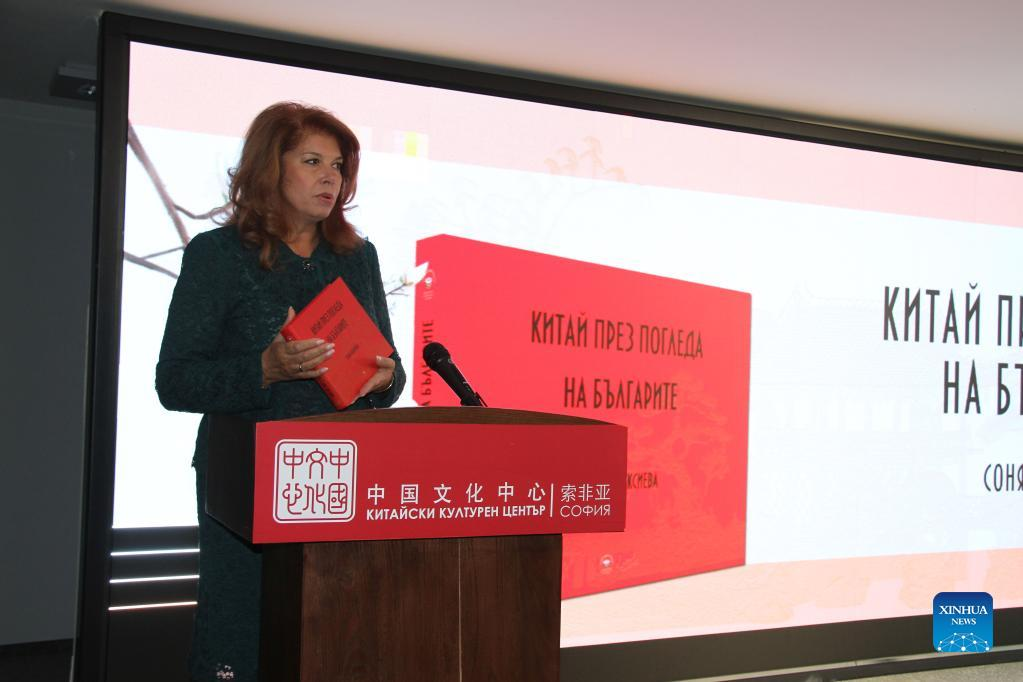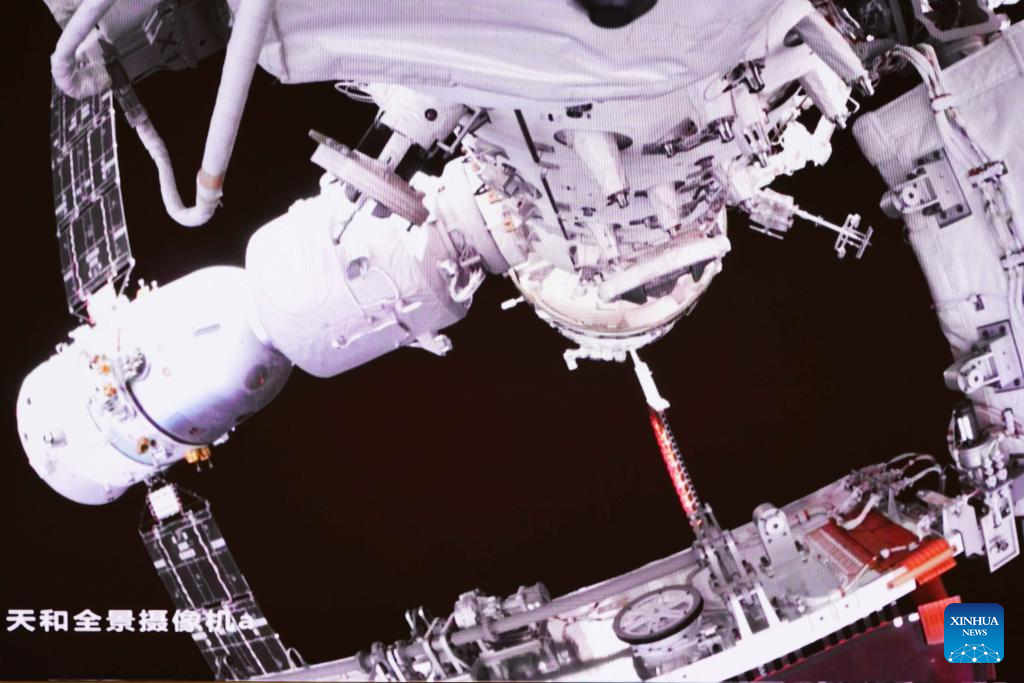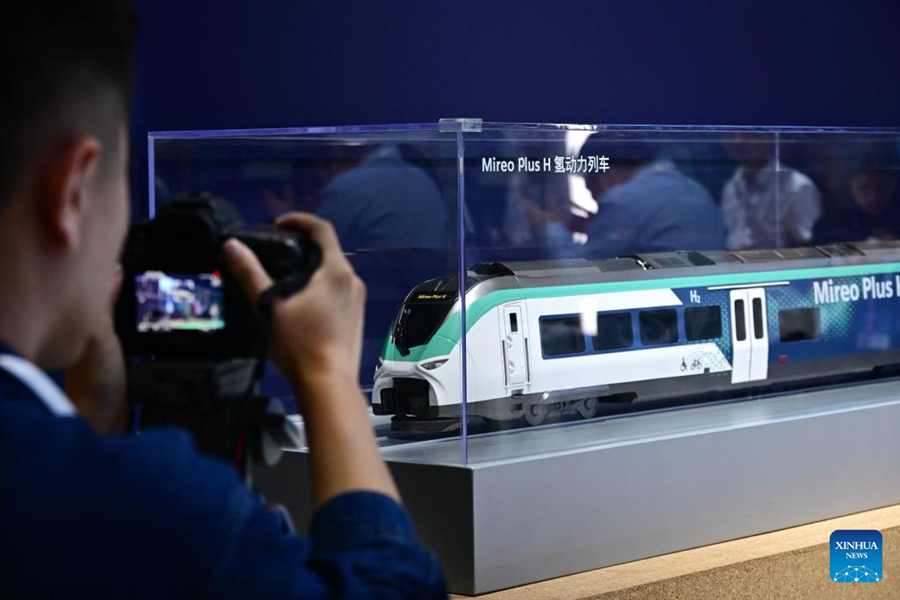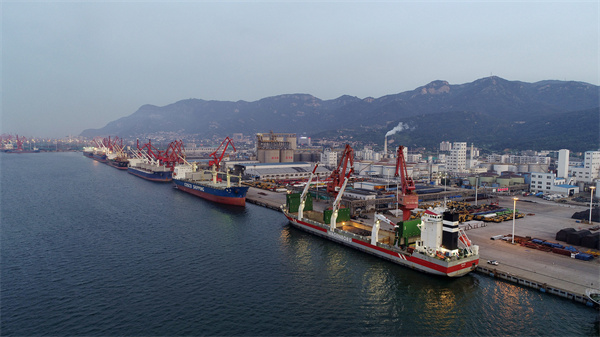
(CFP Photo)
The Jiangsu Pilot Free Trade Zone has made successful practice in 279 cases of innovation in institutional reform, with 24 of them promoted at the national level.
As one of China’s six pilot FTZs established in August 2019 to press ahead with reform and opening-up in the new era, it has three areas in Nanjing, Suzhou and Lianyungang cities.
In terms of opening up based on rules and related institutions, efforts have been made to align with international trade agreements, such as the Comprehensive and Progressive Agreement for Trans-Pacific Partnership (CPTPP) and DEPA (Digital Economy Partnership Agreement).
Among achievements of S&T and industrial innovation, Jiangsu Pilot FTZ has been approved to host the National Center of Technology Innovation for Biopharmaceuticals, the National Third-generation Semiconductor Technology Innovation Center, and the National Next-generation Artificial Intelligence (AI) Innovative Development Pilot Zone.
In terms of fostering clusters of strategic and emerging industries, the Nanjing area focuses on integrated circuits and health, the Suzhou area is home to companies specializing in next-generation IT, biomedicine, high-end equipment manufacturing and nanotechnology application, and the Lianyungang area sees rapid growth of companies in new pharmaceuticals and new materials.
Jiangsu has supported the three areas to adopt a differentiated development approach. The Nanjing area aims to become an international pilot zone for original innovation as it hosts platforms such as gene and cell laboratories and speeds up the construction of the China (Nanjing) Intellectual Property Protection Center.
With the aim of building a world-class high-tech park, the Suzhou area leverages its advantages of extensive China-Singapore cooperation to cultivate emerging industries and serves as a hub of headquarters of foreign-funded companies.
The Lianyungang area will capitalize its geographical advantage at the intersection of the Belt and Road Initiative and become an important transportation hub for Asian and European markets. Priorities include further development of the coastal area, the China- Kazakhstan logistics base and the SCO logistics park, as well as promotion of China-Europe freight train services.





